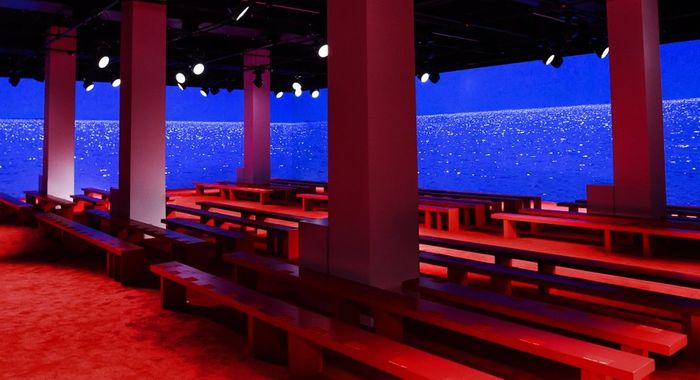A lot of other terms within the pool of LGBTQIA+ terminology eventually require a certain form of coming out, whereas being intersex, as you said, can fly just beneath the radar for both those affected and the people around them. When you learned you were intersex, when and why did you decide it was something you wanted to disclose on a public level?
It’s so tricky. Intersex is a very broad umbrella term that covers a vast amount of different things. Some never find out, some find out in their thirties, some find out when they’re teenagers. But some people are born with ambiguous genitalia, doctors decide then and there that the best chances of them growing up as a “normal child” are to perform cosmetic surgery—sort of like if a baby was born with a big nose, they would say “this kid’s gonna get bullied for their big nose, let’s give them a nose job at 2 weeks old.” Essentially, it’s a type of genital mutilation just so that the child can be brought up as exclusively one gender above the other. For some people that’s fine, if the gender identity ends up matching with what they decide for you. A lot of times though, it doesn’t. The procedures can cause bleeding, pain, scars later on in life, it can prohibit them from having sex or at least enjoying sex. I was somewhat privileged in comparison. But these people exist. If 2 percent of people are intersex, quite a few have struggled with the aforementioned side effects. If that’s not something worth talking about or campaigning for, what is? I couldn’t go back to my day job, I couldn’t sell another pair of fucking trainers, you know? I don’t care. People are suffering, I suffered in silence for 10 years because it felt so shameful. You shouldn’t have to live your life like that. Nobody ever asked me whether I wanted to talk about it or not. The few people that knew were always like, “we don’t have to talk about it.” That upset me in a way, because it was an important part of my life and I hid it and I dealt with it on my own for so long, why are people telling me, like, “we don’t have to talk about this.” It makes you feel like you’re the uncomfortable topic. After that, I was like, “you know what, we should talk about this”.

